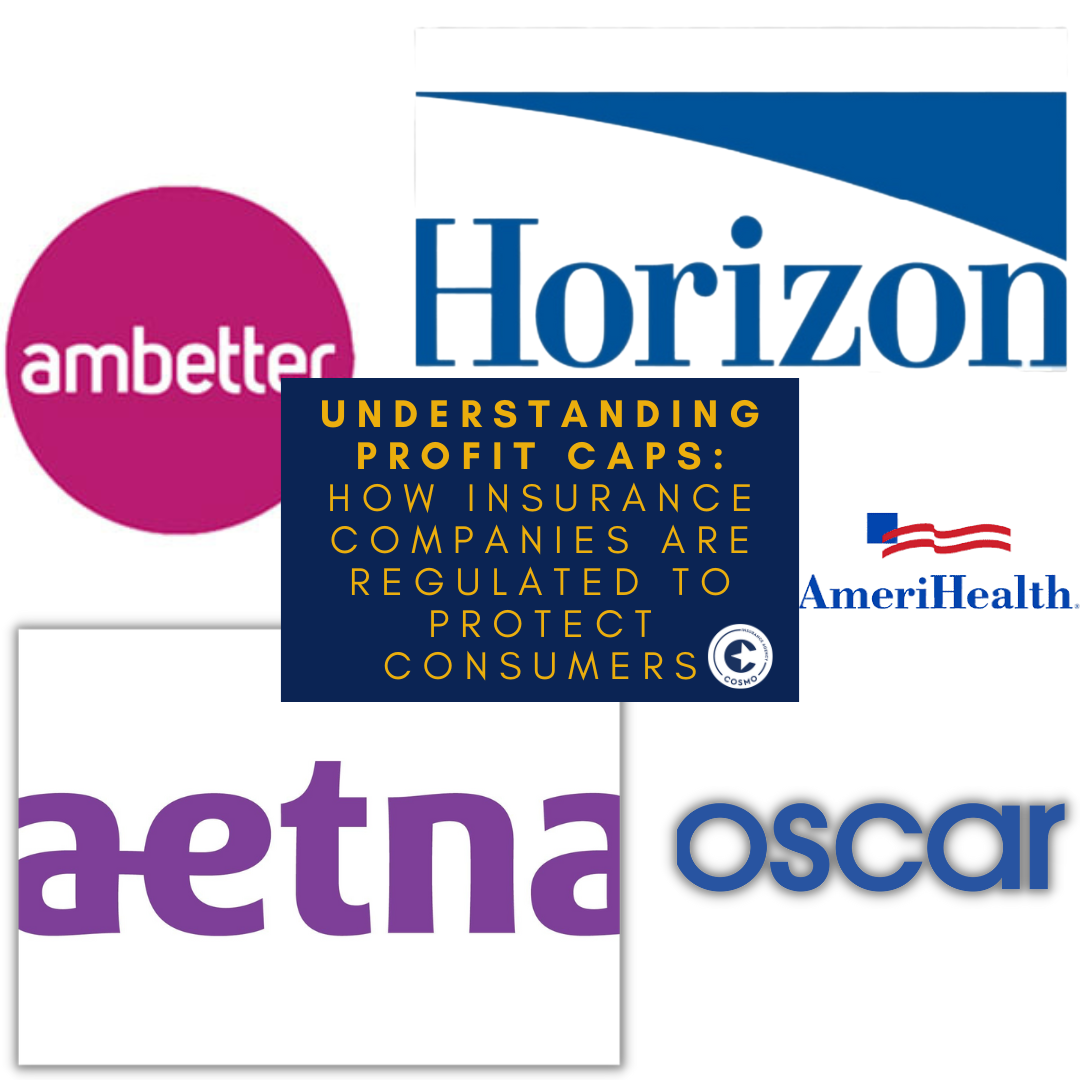Insurance companies are a vital part of the financial sector, providing protection and security to individuals and businesses against unforeseen risks. However, in order to ensure that insurance companies do not take advantage of their position of power, governments have implemented regulations that cap their profits. This is done to protect consumers and prevent companies from charging excessive premiums. In this blog, we will discuss how insurance companies have their profits capped to protect consumers, with examples from New Jersey and New York.
The concept of profit capping is not new and has been in practice for many years. In the United States, the National Association of Insurance Commissioners (NAIC) is responsible for setting standards and guidelines for insurance companies operating in the country. One such guideline is the profitability threshold, which limits the amount of profit that an insurance company can earn from its premiums.
In New Jersey, insurance companies are required to maintain a minimum loss ratio of 60%. This means that for every dollar collected in premiums, at least 60 cents must be paid out in claims. This ensures that insurance companies are not collecting excessive premiums from their customers. Additionally, the New Jersey Department of Banking and Insurance (DOBI) has the authority to cap the profits of insurance companies if they are found to be charging excessive premiums or not meeting the minimum loss ratio requirement.
One example of an insurance company that has had its profits capped in New Jersey is Horizon Blue Cross Blue Shield of New Jersey. In 2017, the DOBI ordered the company to cap its profits at 3.8% after it was found to be charging excessive premiums. The company was also required to refund $16.25 million to its customers.
In New York, the Department of Financial Services (DFS) is responsible for regulating insurance companies operating in the state. The DFS has implemented several measures to protect consumers, including capping the profits of insurance companies. Under New York law, insurance companies are required to maintain a minimum loss ratio of 82%. This ensures that companies are not charging excessive premiums and that customers are receiving adequate coverage.
One example of an insurance company that has had its profits capped in New York is UnitedHealthcare Insurance Company of New York. In 2019, the DFS ordered the company to cap its profits at 3.5% after it was found to be charging excessive premiums. The company was also required to refund $3.6 million to its customers.
In conclusion, insurance companies have their profits capped to protect consumers from excessive premiums and ensure that they receive adequate coverage. This is done through regulatory bodies such as the NAIC, DOBI, and DFS. The examples of Horizon Blue Cross Blue Shield of New Jersey and UnitedHealthcare Insurance Company of New York demonstrate that these regulations are enforced, and companies that do not comply are held accountable for their actions.



